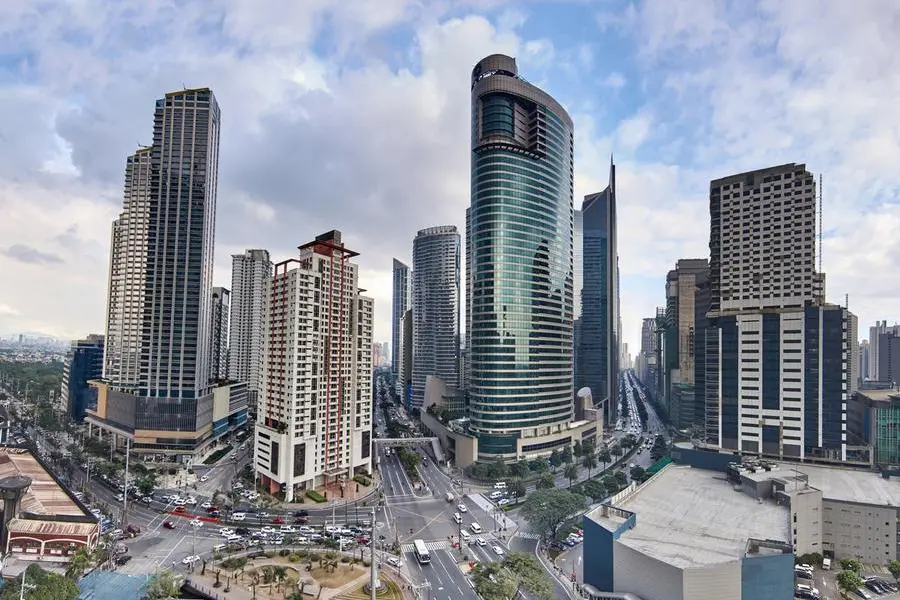PHOTO
Remittances sent by overseas Filipino workers (OFWs) increased by 3.7 percent to $2.88 billion in May from $2.78 billion in the same month last year, according to the Bangko Sentral ng Pilipinas.
BSP data showed that the sum of net compensation of employees, personal transfers and capital transfers between households in May was the highest level in two months or since the $3.05 billion in March.
The growth in personal remittances was also the fastest in five months or since the 3.9-percent rise in December.
The BSP attributed the increase to higher remittances sent by land-based workers with work contracts of one year or more, rising by 3.6 percent to $2.23 billion in May.
Similarly, remittances from sea and land-based workers with work contracts of less than one year grew by 3.5 percent to $570 million.
From January to May, personal remittances inched up by three percent to $14.89 billion from $14.46 billion in the same period a year ago.
Of the total, cash remittances coursed through banks went up by 3.6 percent to $2.58 billion in May from $2.49 billion in the same month last year. It was also the highest level since the $2.74 billion recorded in March.
At 3.6 percent, the growth rate in cash remittances was the fastest in five months or since the 3.8 percent in December last year.
The BSP also reported a three-percent rise in cash remittances to $13.37 billion from January to May compared to $12.98 billion in the same period a year prior.
'The growth in cash remittances from the US, Saudi Arabia and Singapore contributed mainly to the increase in remittances in January to May 2024,' the central bank said.
In terms of the country sources, the US posted the biggest share with 40.9 percent, followed by Singapore with 7.2 percent and Saudi Arabia with 6.1 percent.
Security Bank chief economist Robert Dan Roces said cash remittances grew due to a combination of positive factors.
'Economic growth in key remittance source countries like the US, Saudi Arabia and Singapore might be putting more money in the pockets of OFWs,' he said.
Higher wages of OFWs could also lead to more funds being sent home, Roces said.
'Finally, favorable exchange rates incentivized sending more money back as it translates to a bigger bump in Philippine pesos received,' he said.
'Trend is a positive sign for the Philippine economy, as remittances remain a crucial source of income for many families and contribute significantly to private demand,' Roces added.
The BSP sees both personal and cash remittances increasing by three percent this year and next year.
Copyright © 2022 PhilSTAR Daily, Inc Provided by SyndiGate Media Inc. (Syndigate.info).
The Philippine STAR





















